Warming water can create a tropical ecosystem!
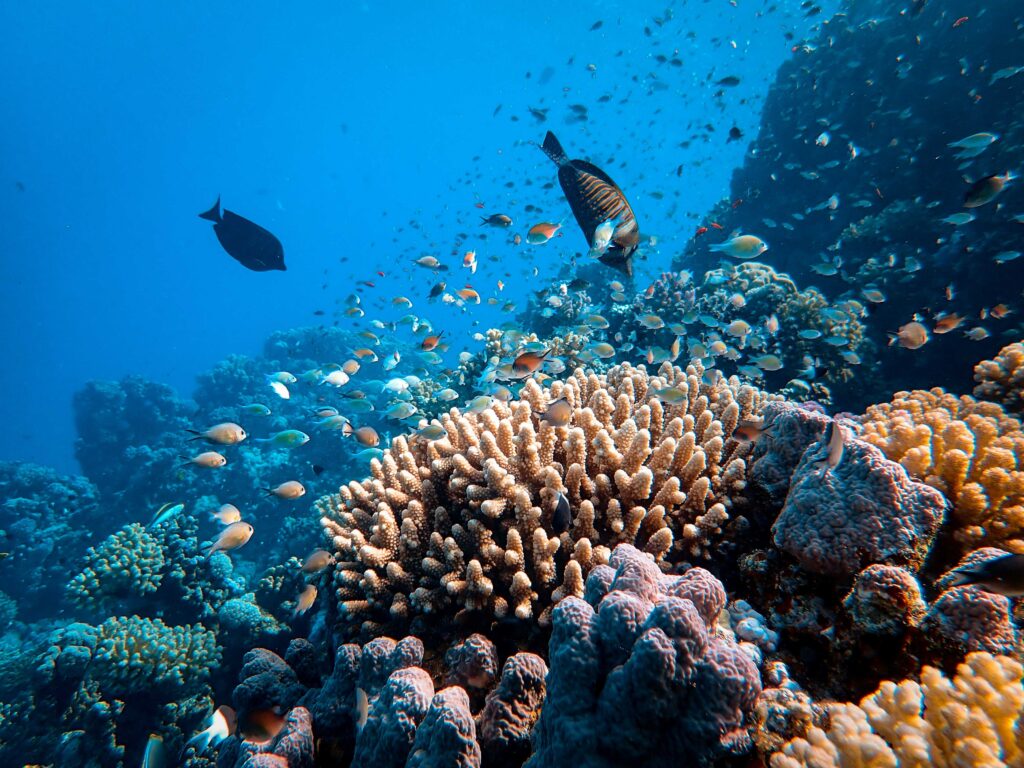
A decade ago, the waters of the Otomi Peninsula in the Sea of Japan were a warm haven, the site a tropical biodiversity hotspot far from the equator, thanks to the release of hot water from a nearby nuclear power plant, but when the plant ceased operations in 2012, those tropical species disappeared.
After the plant closed, Otomi’s average bottom temperature dropped 3 degrees Celsius and the site lost most of its tropical fish, Kyoto University scientists report. The mortality of tropical fish and invertebrates was surprising, Otomí quickly returned to being a cold water ecosystem.
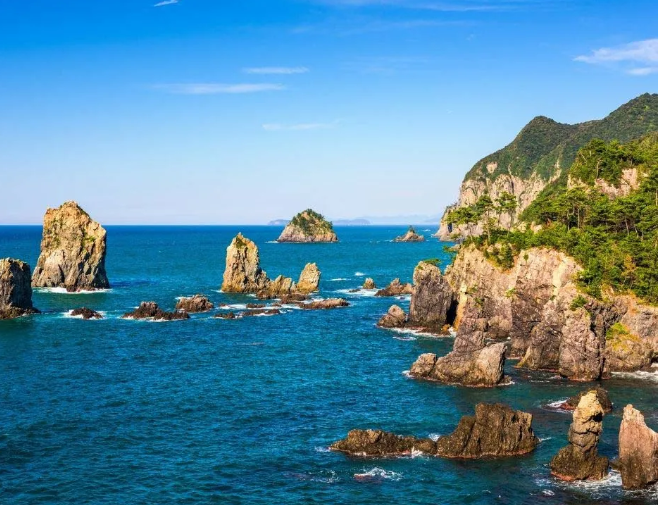
The life and death of the reef offers a glimpse of the future of temperate habitats under climate change, this research suggests that even moderate warming can result in dramatic changes in cold-water reefs, with some temperate habitats becoming more tropical. Pero estos arrecifes emergentes pueden no igualar la diversidad o la salud de otros arrecifes tropicales más establecidos al principio, dejándolos tan ecológicamente frágiles como demostró ser el arrecife Otomí.
While some temperate reefs are changing rapidly with global warming, they are not exact transplants of more established tropical ecosystems. In October 2003, while studying groupers in Otomí, scientists found many tropical fish that seemed out of place; parts of southern Japan are home to tropical reefs, but Otomi lies at about 35°N, a zone typically occupied by kelp and associated fish. The source of this anomaly was the Takahama Nuclear Power Plant, just 2 kilometers away, which spewed warm water into the ocean after using it to cool the reactors.

Otomi can provide a preview of some of the changes that temperate reefs may experience as the global climate warms, after decades of warm water, Otomi still had no corals to provide shelter and no large tropical predators. That lack of predators may have been behind the high densities of Otomi tropical urchins, which had stripped the seabed of algae, obstructing access to food and shelter for many other species.
With lower species diversity than other tropical systems, the lack of redundancy can make the entire ecosystem more susceptible to stressors—in this case, that stress was a drop in temperature; if there were many different species of urchins on the tropicalized reef, there would be a greater chance that some could tolerate lower temperatures. In other parts of Japan, warming seas have already caused complete ecosystem changes from kelp forests to corals, affecting fisheries.
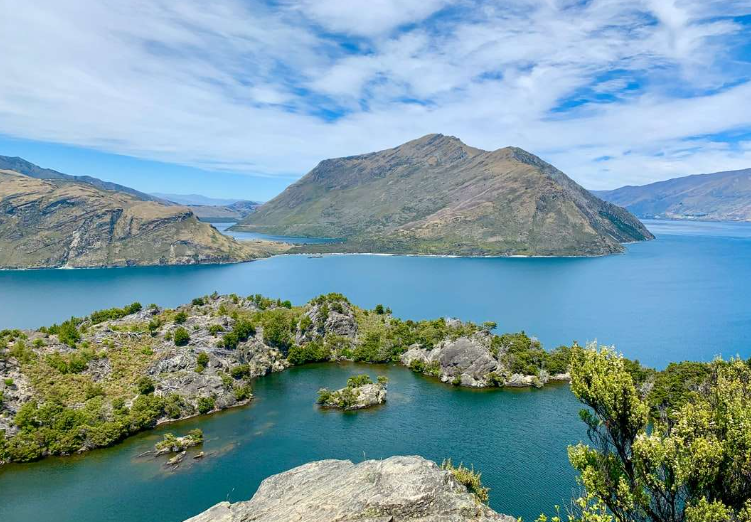
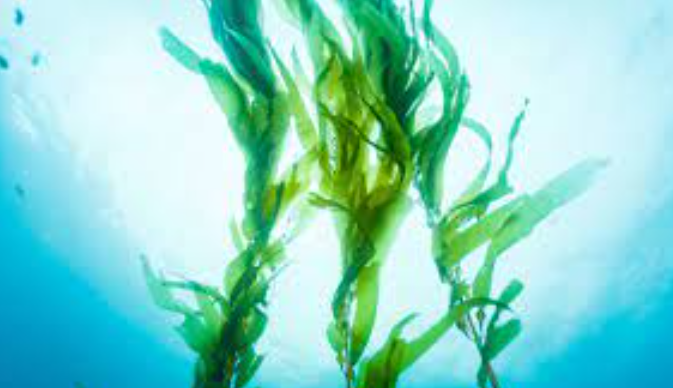
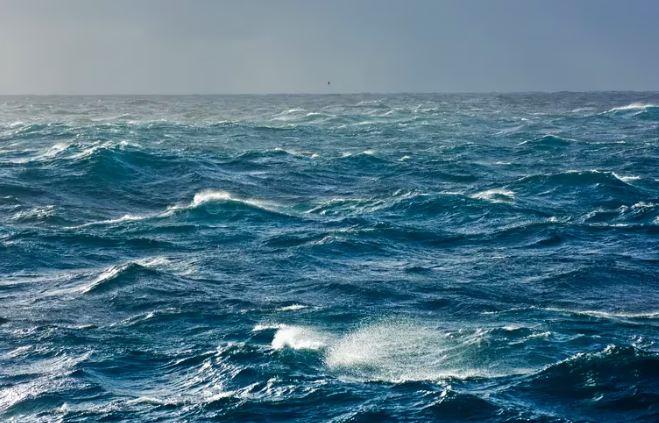

Responses